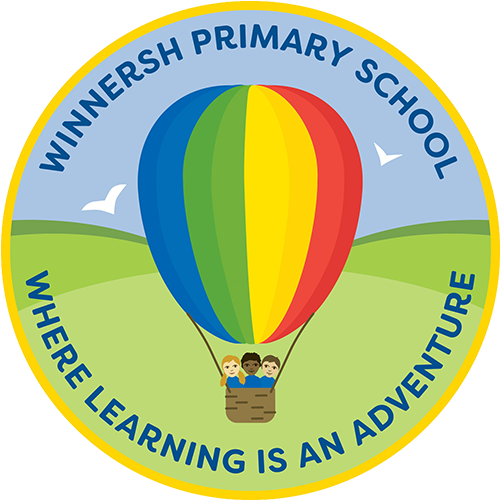History
A people without the knowledge of their past history, origin and culture is like a tree without roots.
(Marcus Garvey)
At Winnersh Primary School, we believe that learning about history is important because it;
- fosters curiosity about today and ancient civilizations,
- encourages cross-cultural understanding,
- provides identity,
- improves our decision making and judgment and helps us understand change and developments in society,
- shows us models of good and responsible citizenship,
- teaches us how to learn from the mistakes of others,
- encourages pupils to draw conclusions from evidence,
- helps pupils to become inquisitive learners,
- gives confidence when evaluating and analysing a range of sources.
How do we teach History?
At Winnersh Primary School, history plays an important part of learning. The children get to learn about and explore their own lives and that of others. They compare different civilizations from different eras and continents around the world. Throughout the school, we encourage the children to make links between history and other curriculum areas such as Religious Education and Music. Children will learn about themselves and their own heritage and be encouraged to think about that of their families. They will develop a coherent knowledge and understanding of Britain’s past and that of the wider world. It should inspire their curiosity to know more about the past. Teaching will equip pupils to ask perceptive questions, think carefully, weigh evidence, sift arguments, and develop perspective and judgement. By creating a safe learning environment, teachers ensure that children feel comfortable and confident so that they enjoy learning History, sowing the seeds to cultivate a positive approach and curiosity throughout the rest of their lives.
Winnersh Primary uses a wealth of authentic artefacts to help support the learning of History. This helps to better understand what life may have been like for the people living at the different periods of time. This also enables to children to have a better understanding of the complexity of people’s lives, the process of change, the diversity of societies and the relationships between different groups, as well as their own identity and the challenges of modern times. We believe that children enjoy learning about history regardless of their own experiences or prior knowledge. They are curious in their learning and keen to explore both in school and independently.
At Winnersh we want our children to make strong progress in history and become ‘young historians’.
Through carefully planned units of work and lessons, pupils will be able to recall key historical knowledge and have an understanding of chronology and the characteristic features of periods of time, societies and civilizations. Throughout EYFS, KS1 and KS2, links will be made between historical periods of time and events. Schemata will be developed and deepened. Themes will be revised through the different units of work (topics) and comparisons will be made. In EYFS the children will develop their understanding of themselves and families. KS1 will learn about significant people and events. KS2 will focus on broader periods of history with the curriculum being designed so that key concepts and knowledge are built upon and revised in order for knowledge to be embedded throughout each pupils learning journey. Children will gain an understanding of change and continuity as well as cause and consequence as they learn about history.
Pupils will be given the opportunity to evaluate and analyse a range of sources and begin to determine their own conclusions from evidence surrounding historical events. Historical enquiry skills will be developed as pupils are encouraged to form their own opinions about key events from around the world. Oracy is a key area in which we want to see children develop their confidence, giving them the ability to deepen their understanding through dialogue with adults and peers. Children will be given opportunities to visit places of historical interest and have expert historians visit Winnersh School to help further their curiosity of the past and historical enquiry.
By the end of primary school, we want children to:
- Sequence events on a times line’
- Confidently talk about different eras of time which they have studied eg, Greeks, Victorians,
- Offer a reasonable explanation for some events,
- Recognise why people behave the way they do,
- Recognise that people have different views and opinions and why this might be,
- Understand that different evidence will lead to different conclusions,
- Know how reliable a resource or piece of evidence is,
- Begin to use primary and secondary resources.
